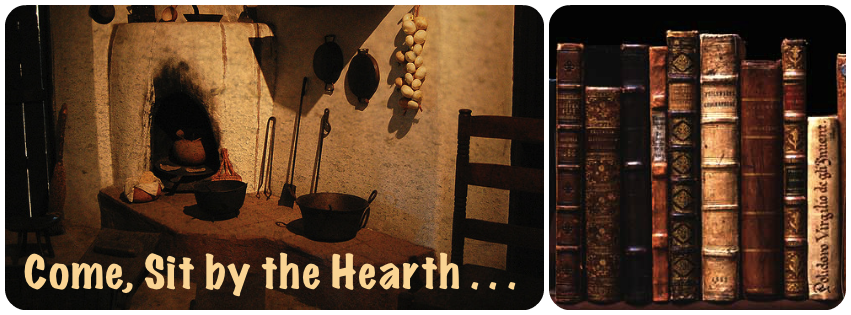Do you like to teach poetry? How do you do it? What are your favorite poems to teach? Are there poems that you feel are important to teach?
I know, I know. These aren't simple questions. But they are on my mind lately.
I'm curious since I feel so strongly about the importance of literacy and critical thinking. Our poets are often, like the proverbial canary in the coal mine, the first to raise an alarm and hold a mirror up to our warts and such. (mixed metaphor alert)
All students deserve every opportunity for rich and fulfilling lives, and I believe that poetry can be an important part of that.
Poetry Foundation has an article by Eric Selinger, entitled "Ten Poems I Love to Teach: Surefire poetry hits for the classroom and beyond," and in it he discusses 10 poems he loves to teach, and why.
"Some poems you love, and some you love to teach.
What’s the difference?"
What’s the difference?"
 Here are Eric's ten. Check out the article to find out what he has to say about them.
Here are Eric's ten. Check out the article to find out what he has to say about them. 1. “To My Dear and Loving Husband” by Anne Bradstreet
2. “Wild nights!—wild nights!” by Emily Dickinson
3. “Those Winter Sundays” by Robert Hayden
4. “The Sun Rising” by John Donne
5. “Theme for English B” by Langston Hughes
6 & 7. “The New Colossus” by Emma Lazarus and “If We Must Die” by Claude McKay
8. “Easter, 1916” by William Butler Yeats
9. “How Do I Love Thee?” by Elizabeth Barrett Browning
10. “Beam 10” of ARK by Ronald Johnson

I've always thought it was important to teach poems by John Donne and Wallace Stevens, because their poems are not as easy to read on one's own as some others. I like to teach Stevens' "The Emperor of Ice-Cream" because of some of the words, like "deal" and I agree about teaching Donne's "The Sun Rising" because most students identify with the situation, once they get through the language to see what the poem is about.
ReplyDeleteMy students are struggling and emergent readers these days, so I no longer get to teach poetry. I do, however use some of it to hook them on reading. Shel Silverstein is a perennial favorite a his treatment of subjects tends to captivate young students.
ReplyDelete